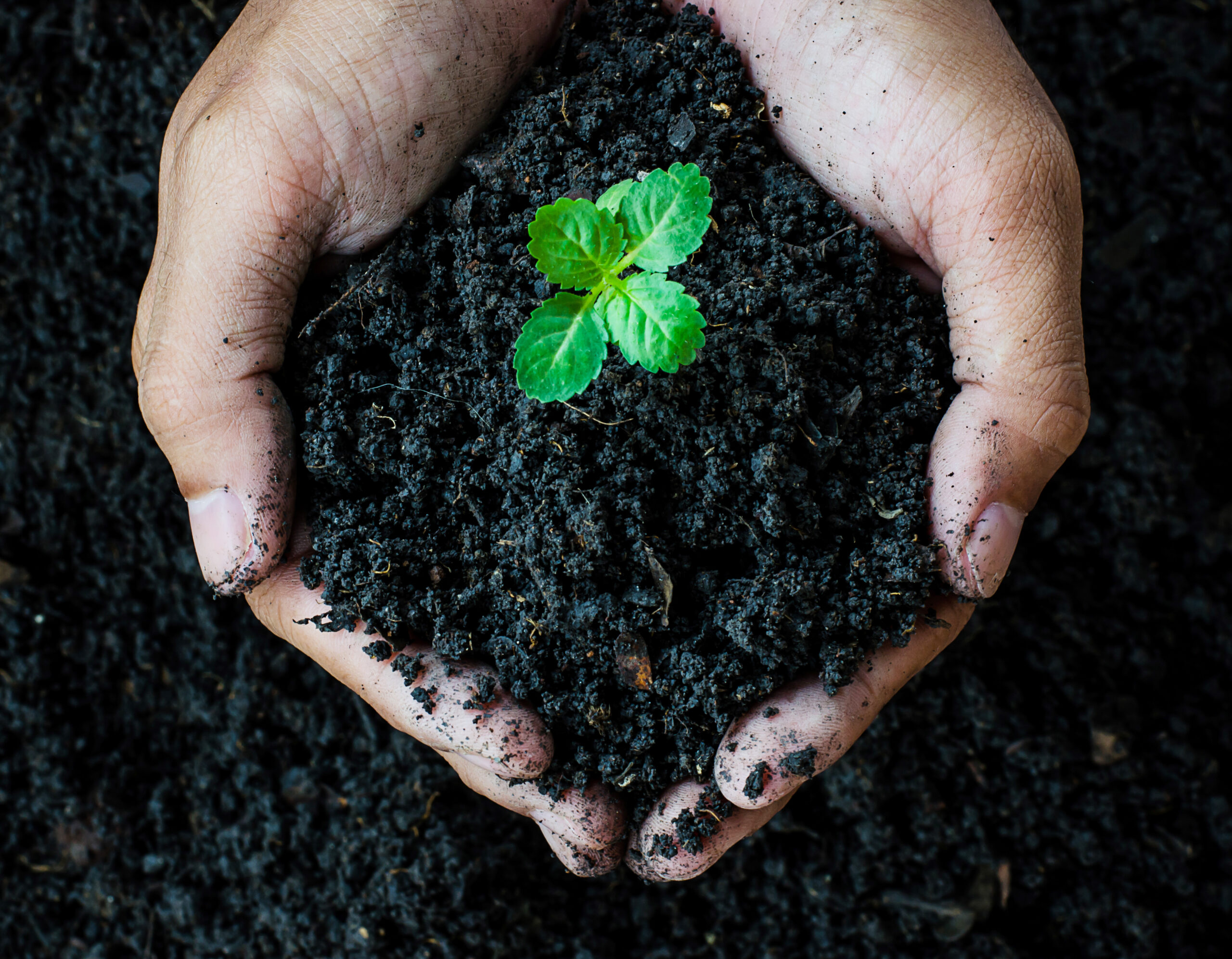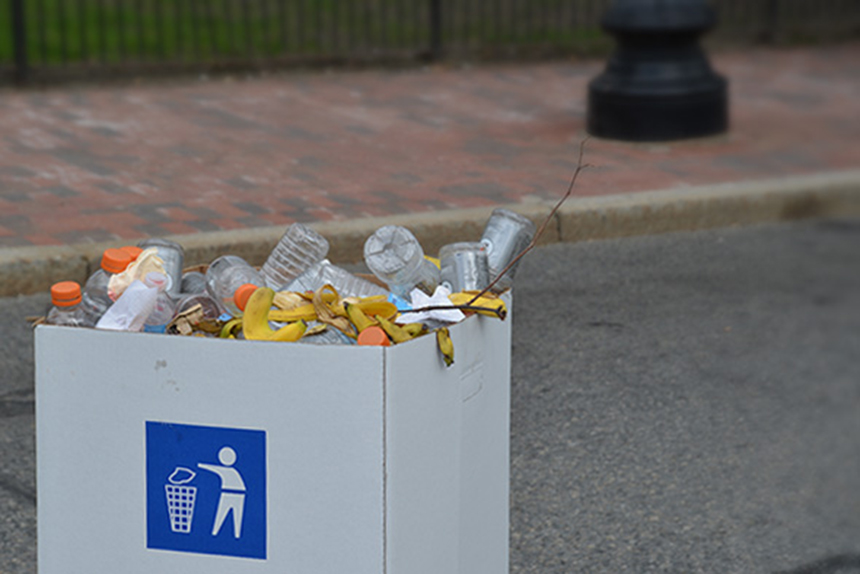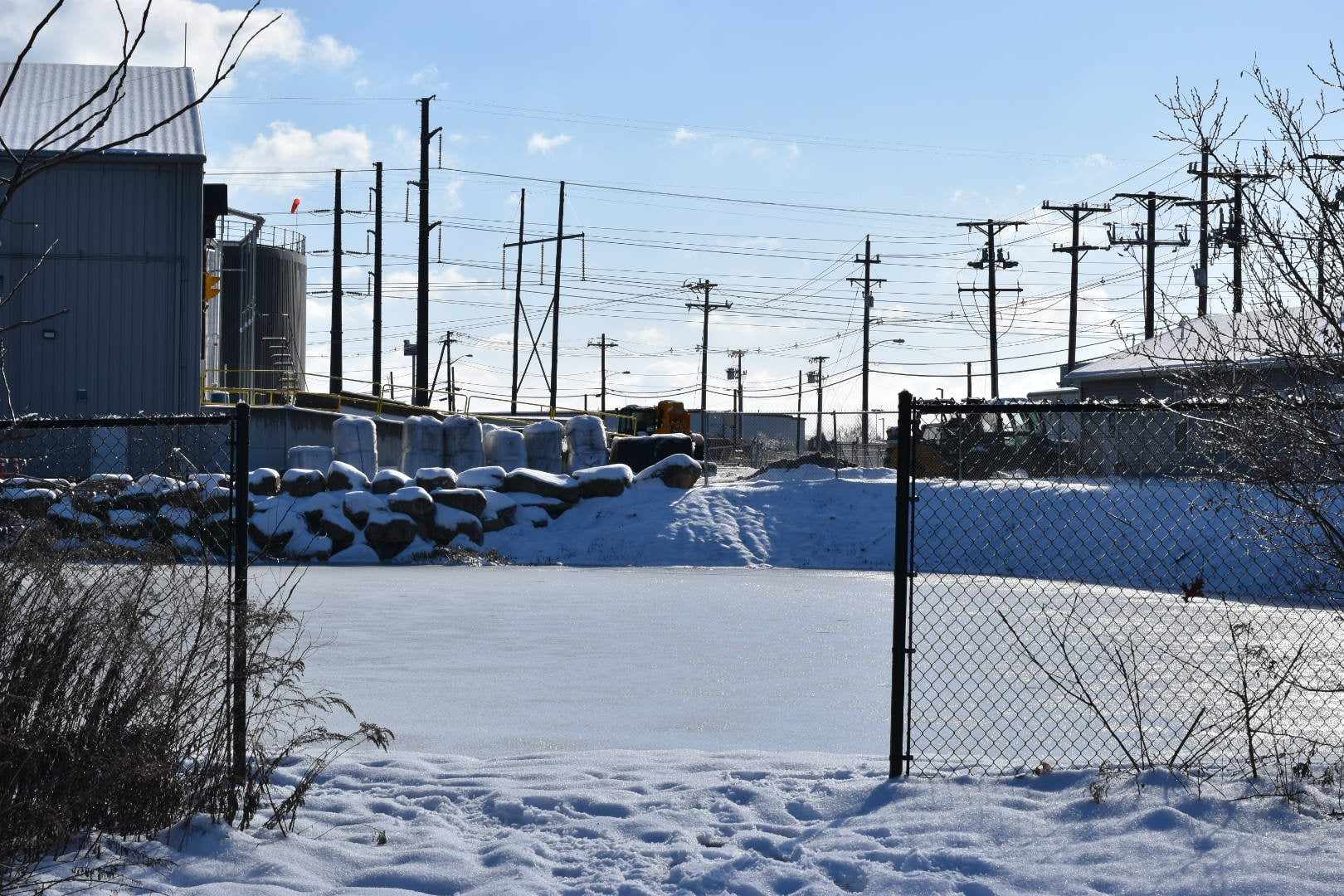Providence Recycling Rate Stalled by Contamination
September 30, 2013
PROVIDENCE — The city continues to struggle with its recycling efforts. Recycling rates in all neighborhoods, with the exception of the East Side, have leveled off, stalling efforts to achieve certain goals. Currently, the amount of recyclable material being diverted from the local waste stream is below the city’s 25 percent goal.
Leo Perrotta, acting environmental coordinator for the Department of Public Works, said Providence’s overall recycling rate has dipped into the teens. The city doesn’t seem to be making headway despite stepped up ticketing and door-to-door canvassing in neighborhoods where there is frequent dumping of trash into recycling bins.
At a recent meeting of the city’s Sustainability Task Force, Perrotta said about 500 tickets are being issued monthly for contaminated recycling bins, up from the 30-40 a month before enforcement patrols increased in May.
A first offense results in a $50 fine, $100 for a second and up to $500 for subsequent tickets. The effectiveness of the tickets, Perrotta said, is diminished by the time it takes to mail the fines to the property owners. Although property owners are often not committing the violation, they are responsible for informing offending tenants.
In addition to inspecting recycling bins, the city may have to resort to inspecting trash before it is collected to ensure it doesn’t contain recycling, Perrotta said.
Contaminated loads of recycling cost the city $32 a ton, while sending loads of otherwise clean recycling to the landfill for burial.
Perrotta simply wants residents to throw plastic, glass and paper in the proper bin. “I’m just asking for the basics,” he said. Instead, he’s getting food scrap, yard waste and electronics. “If you can think of it, we’ve found it (in the recycling bin).”
The worst offenders are Thursday and Friday collection days in the Reservoir Triangle, West Side, South Side and Smith Hill neighborhoods. Perrota noted that many off-campus residences for Providence College students recently had high levels of contaminated recycling.
Perrotta characterized the problem neighborhoods as having transient populations, many non-English speaking residents and many non-owner occupied buildings. There also are complaints that the trash bin is too small. He said most residents are willing to adjust to the increased emphasis on recycling, but others are simply “against you,” he said. “Some people say, ’I’m not going to recycle at all. I’m going to put it all in the trash.’”
While Providence saw a significant jump early in its switch to larger recycling bins last year, the volume has dropped off in recent months, Perrotta said. The problem will likely persist until the entire state adopts a uniform recycling collection system, he said.
Sarah Kite, director of recycling services for the Rhode Island Resource Recovery Corporation, said the door-to-door canvassing has helped with the quality of recycling arriving at the Central Landfill in Johnston. Food and yard waste contamination is down, she said. “But it still has a ways to go.”
Categories
Join the Discussion
View CommentsYour support keeps our reporters on the environmental beat.
Reader support is at the core of our nonprofit news model. Together, we can keep the environment in the headlines.
We use cookies to improve your experience and deliver personalized content. View Cookie Settings



